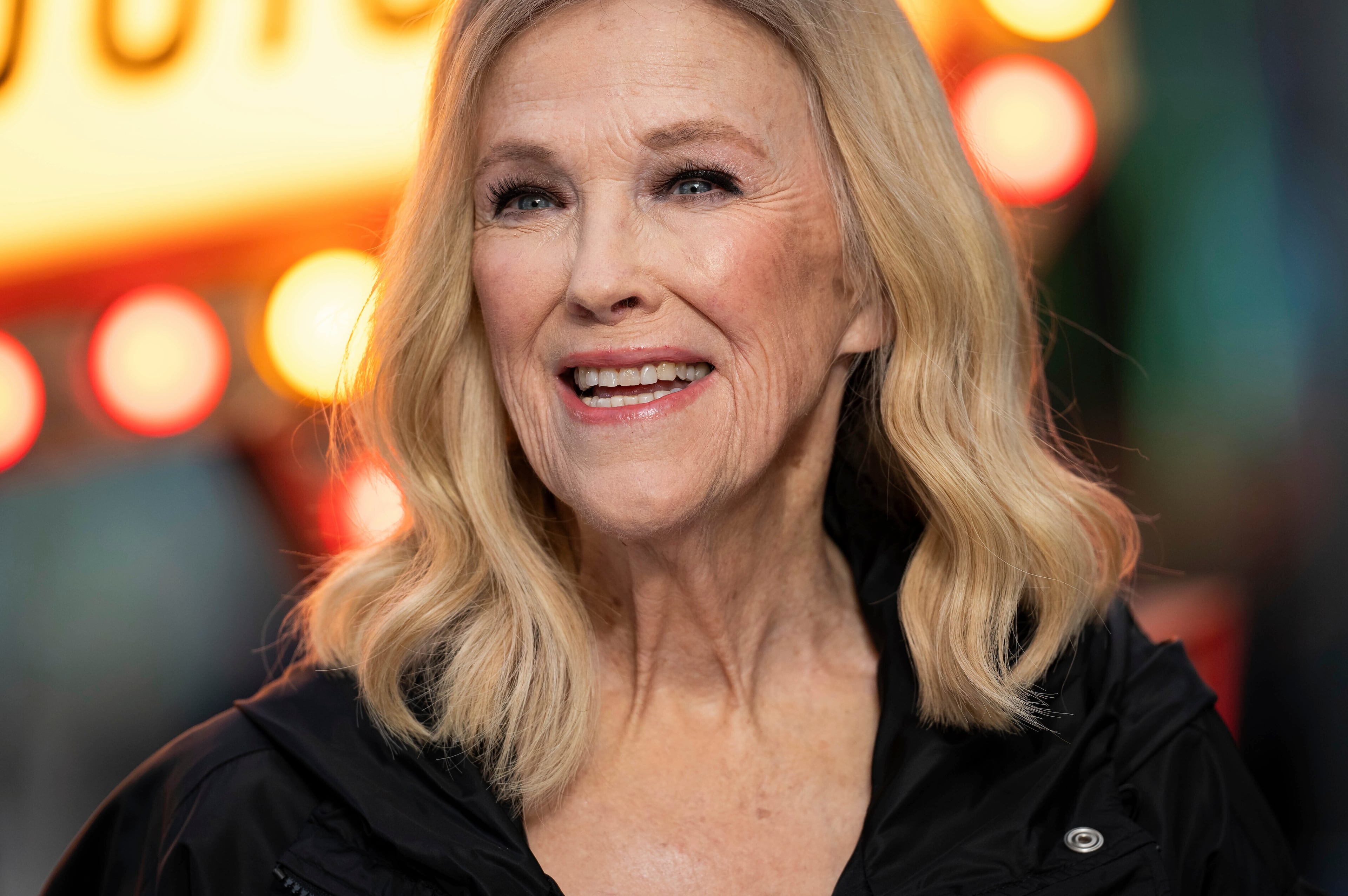Know the signs: ‘Widow-maker’ heart attack may not feel like you expect
Chris Prewitt, a 48-year-old father of two, was physically active and maintained a healthy lifestyle. So when he experienced soreness in his triceps, biceps and chest, he initially ignored it.
That almost cost him his life.
Prewitt, who regularly engaged in cardio and CrossFit exercises, said that although he wasn’t immediately concerned, a sports medicine doctor advised him to seek urgent care. As Prewitt’s wife drove him to the emergency room, his condition rapidly deteriorated. ‘She’d never seen anyone this gray, and she grabbed my hand. It was ice cold. My heart had stopped,’ Prewitt said in a recent interview with Today.
It turned out Prewitt was having a heart attack caused by one single artery — the left anterior descending artery — that was completely blocked. This is more commonly known as the widow-maker.
Prewitt said this came as a surprise, given his seemingly healthy lifestyle. “I am often thought of as a picture of health,” he told Today. “I do all the things you’re supposed to do.”
However, Prewitt had experienced some subtle symptoms leading up to the heart attack, particularly fatigue, which he attributed to aging. “I had no real health issues other than being tired,” he said, and had had his blood tested three times in the months before the incident.
Dr. Emad Nukta, a cardiologist at the Cleveland Clinic, emphasized to Today many patients may not experience severe pain during a heart attack. “There’s a major misconception. They think pain is something like real burning or severe pain,” he said. “But chest pain is really not that severe pain. It’s uneasy pressure like pain, squeezing pain.”
Several lifestyle factors can increase the likelihood of experiencing a widow-maker, including smoking, high blood pressure, high cholesterol, a family history of heart attacks and diabetes, according to Nukta. Prewitt was unaware of his family’s history of heart issues, which included a grandfather who died at 49 from a widow-maker.
“My lesson to all the people I’ve told this to is that you might think that you’re doing all the right things, but if you are unaware of your genetic history, you need to find out and also let your general practitioner know,” Prewitt said.
Prewitt said his experience has taught him the importance of healthy habits, and he encouraged others to “take their health very seriously.”



